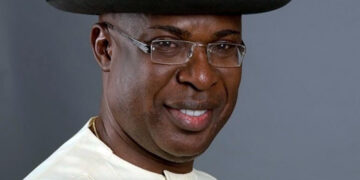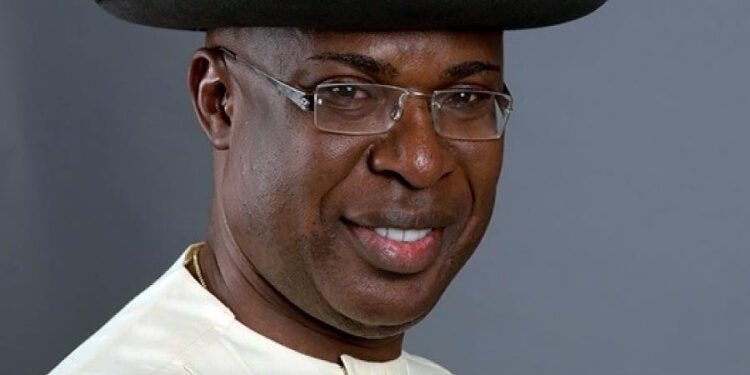By John Ikani
The Minister of State for Petroleum, Chief Timipre Sylva, says the Nigerian Government is currently working to grow the country’s gas reserve from 206 trillion cubic feet (tcf) to 600tcf.
Sylva said this on Wednesday at the 23rd World Petroleum Congress in Houston, Texas, USA at a session themed ‘Regional Development and Opportunities in Africa’.
According to him, the proposed growth to 600tcf reserve will ensure that the country is better positioned to utilise its ample gas resources.
He went on to note that the increase would not only position Nigeria among the countries with the highest gas reserves in the world, but also enable the nation achieve the desired development required of a gas nation.
What the Minister said
“We have a lot of gas in Nigeria. We currently have 206 trillion cubic feet of gas reserves.
“This number is already discovered in gas reserves and the 206 trillion cubic feet reserve were discovered while looking for oil; so it was accidentally discovered.
“We were actually going to look for crude oil and we found gas, and in that process of the accidental discovery of gas, we have found about 206 TCF.
“So, the belief is that if we really aim to look for gas dedicatedly, we will find up to 600 trillion cubic feet of gas,” he said.
Sylva added that the future of the oil and gas industry in Nigeria is still very bright, especially regarding energy transition, as the Government does not expect that oil will be discarded the next day after transition.
He said over the years, oil will account for less and less percentage in the global energy mix, which means that oil is still going to be relevant but it will not be as relevant as it is today.
“It’s going to happen in years to come, so there is still a lot of opportunities in growing the oil industry.
“That’s why we are here to collaborate with the rest of the global community to develop the oil industry.
“We’ve never discountenanced that the world is serious about energy transition.”
He also added that Nigeria has declared gas as its transition fuel, and pathway to net-zero carbon emissions which presents investment opportunities given the oil and gas reserves which can be commercialized.
“Forty-three per cent of Nigerians are unconnected to off-grid electricity. So, we have a challenge and we have to commit to energy security as well, and also the cost on us from the global community to ensure energy security for our people. So, for us, it is a balancing act.
“We need to commit to energy security for the citizens. It is a balancing act, we need to achieve energy security for Nigerians and also be of course on net-zero,” he said.




































